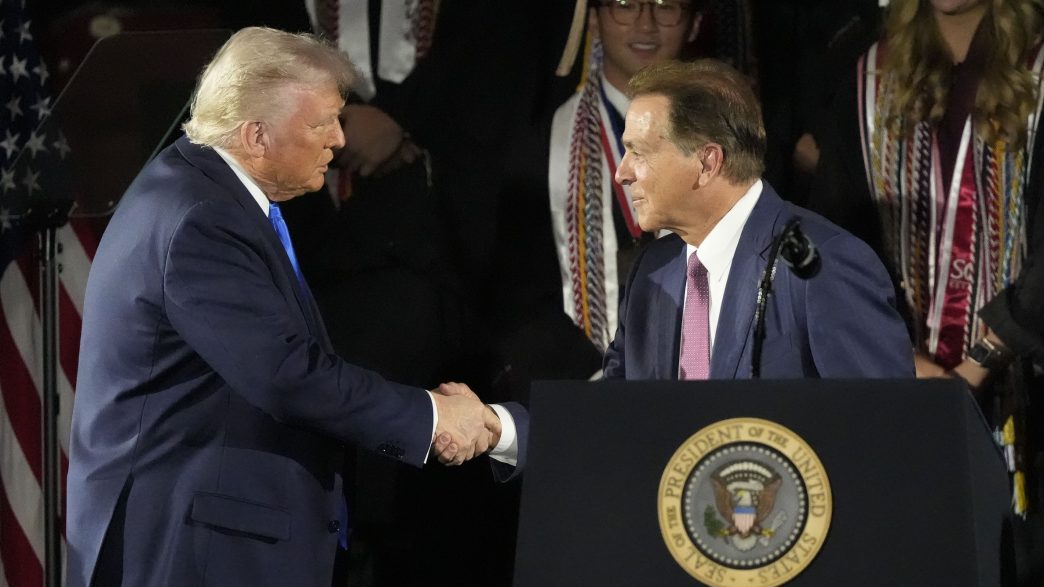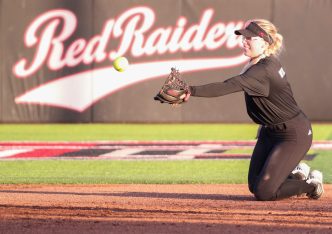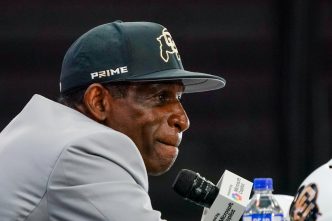If you thought the latest news about college sports couldn’t get any wilder, get ready for a shake-up. Reports confirm that President Trump is forming a commission focused on college athletics, and it looks like former Alabama head coach Nick Saban is set to play a starring role as co-chair. Alongside him will be a “prominent businessman with deep ties to college athletics,” whose identity remains under wraps for now.
This development is certainly raising eyebrows among college athletes, especially those who finally have been granted some of the freedoms they so rightfully deserve. It’s hard not to view this initiative with skepticism, given the history and context surrounding these kinds of changes. With the commission stepping in ostensibly to “fix” issues that have brewed in an outdated system, the concern is that it may more likely serve to tip the scales back in favor of institutions—potentially sidelining the very athletes who drive the revenue in college sports.
Saban’s stance on athlete compensation has been well-documented. Even before stepping down from his role at Alabama, he seemed to acknowledge that the landscape of college sports was shifting radically, noting that players’ expectations were evolving towards a focus on financial rewards. The irony isn’t lost here; Saban has always been at the forefront of maximizing his own earnings as a coach.
He previously raised alarms about changes to the traditional setup, often citing a loss of parity in the sport. But here’s the twist: that concern about parity seemed more about protecting his own advantageous position within a system that favored his program rather than genuinely promoting equity across the board. In other words, Saban knows how to turn resources into wins, and when the game changes, so too does his perspective.
Fast forward to 2023, and we find Saban advocating for a set of NFL-style regulations that many see as problematic for college athletes. While the NFL has a collective bargaining agreement that provides players with representation and rights, colleges want to impose structure without offering similar protections. This is where Saban’s new role could become pivotal, aiming to advance legislation that would give colleges more control while denying athletes the benefits that come from collective bargaining.
The underlying issue here is that if this measure passes, it could re-establish directives that favor institutions while leaving athletes in a precarious position, stripped of both agency and fair compensation. Imagine Saban, back in the coaching grind, should this paradigm shift unfold. If the new regulations don’t limit his ability to make big bucks or leave programs at will, who’s to say he won’t jump back into the fray?
In a landscape that continues to evolve, one thing is clear: the fight between institutional interests and athlete rights is far from over. As fans, all we can do is sit back and watch how this developing story plays out. Stay tuned—this saga is bound to have significant implications for the future of college sports as we know it.







